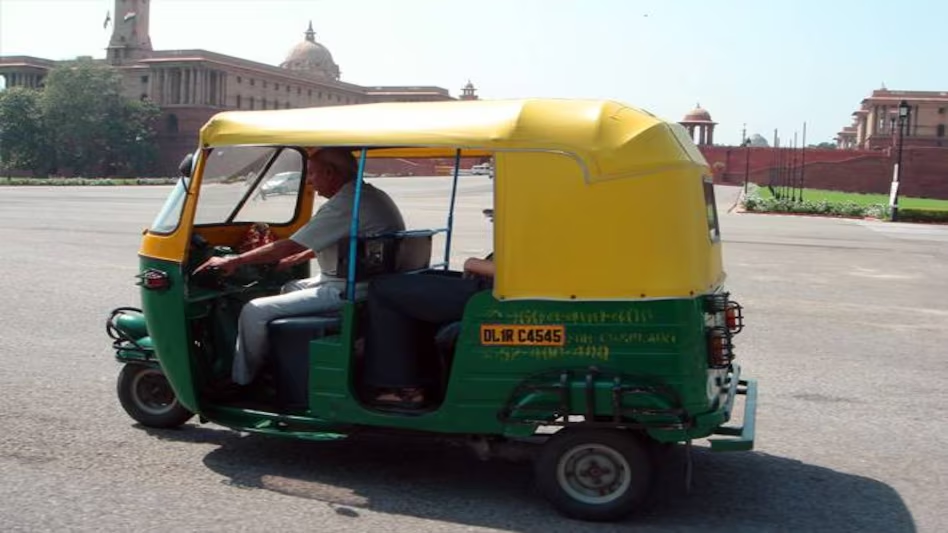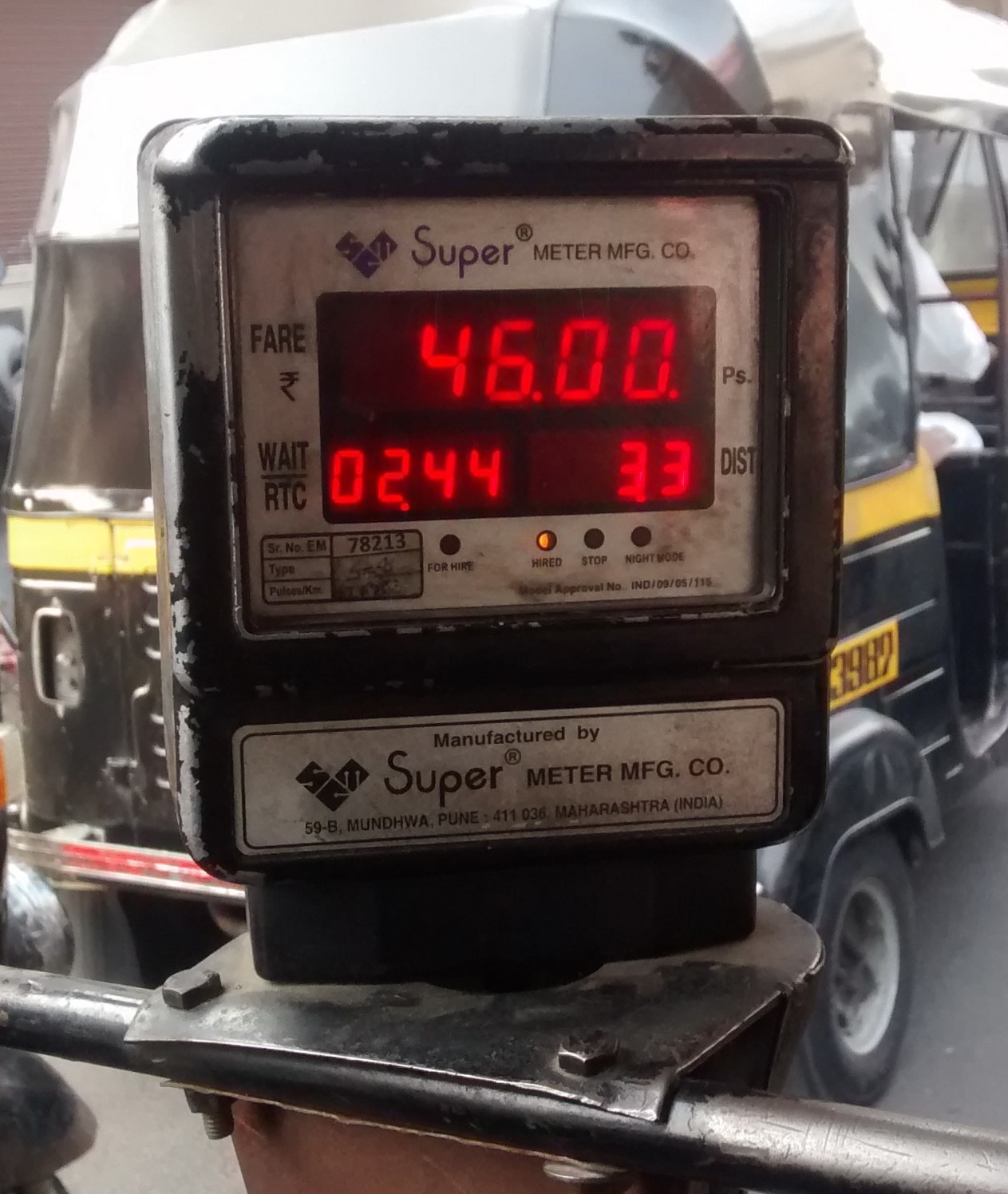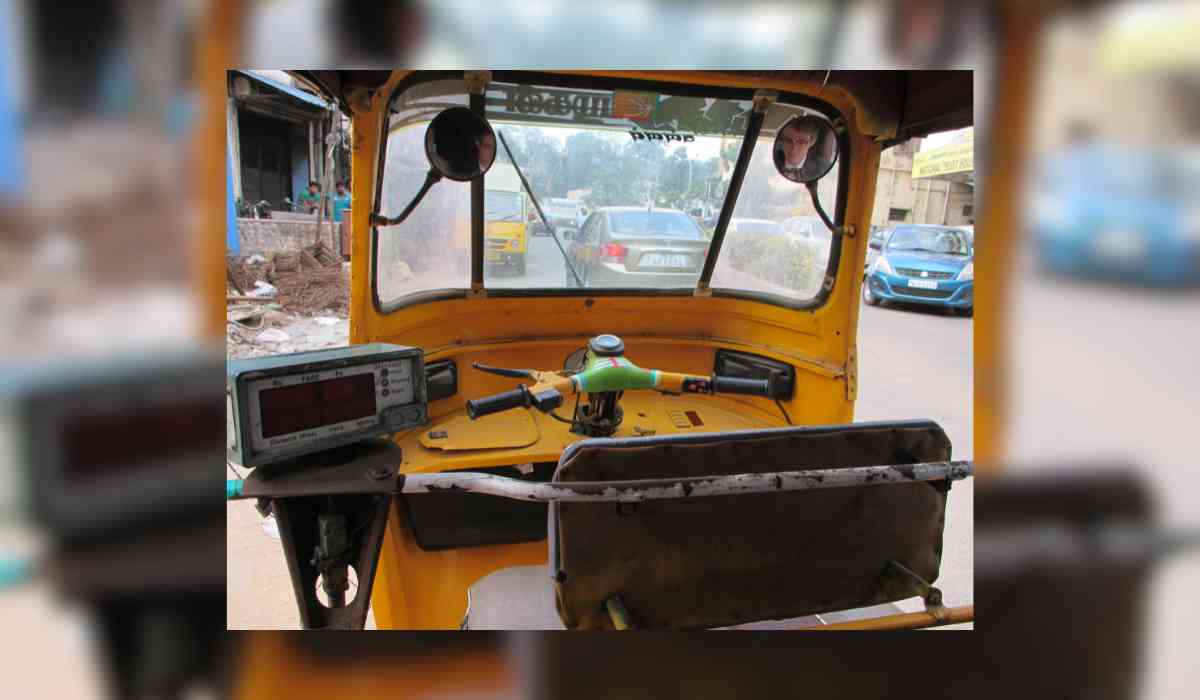In a bold move to regulate auto-rickshaw services in Delhi, the city's transport department has issued a directive that leaves no room for ambiguity. Auto-rickshaw drivers must ensure that their Global Positioning System (GPS) is fully functional, as it plays a pivotal role in tracking their locations. Failure to comply will result in penalties, according to officials in the know.
Cracking Down on Fare Irregularities
The directive comes in response to a growing number of complaints about auto-rickshaw drivers not adhering to government-mandated fare regulations. These regulations are primarily based on the distance travelled, as indicated by the fare displayed on the meter box inside each auto-rickshaw. The GPS system, intricately linked with a SIM card within the meter box, plays a key role in ensuring accurate fare calculation.

DIMTS to the Rescue
To implement this initiative, the Delhi Integrated Multi-Modal Transit System (DIMTS) Limited, responsible for operating the city's cluster bus service, has been entrusted with the task of inspecting and, if necessary, replacing GPS units in auto-rickshaws. Typically, auto-rickshaws less than five years old are required to undergo a fitness certification process every two years, while older vehicles must obtain it more frequently. However, due to the COVID-19 pandemic, the transport department has not conducted these checks for the past three years.
Transport department officials, speaking on condition of anonymity, acknowledged the lapse, stating, "After COVID-19, the Auto Rickshaw Unit (ARU) stopped checking the functionality of GPS in auto-rickshaws during fitness checks. Due to this, the GPS in many autos is not functional now. The drivers do not have to pay to get it tested."
With only around 10,000 auto-rickshaws currently equipped with active internet cards for GPS use, this initiative aims to enhance commuter safety by tracking vehicle movements and ensuring fare integrity. "The transport department has started the process of making GPS functional in auto-rickshaws after it received complaints of auto drivers not going by the meter. This will help track the status of trip meters of autos on our dashboard," explained another transport department official.

Mixed Reactions from Drivers and Commuters
Auto-rickshaw drivers, however, have expressed scepticism about the effectiveness of GPS in deterring vehicle theft or aiding recovery. NS Mansoori, Delhi president of the NCR Auto Taxi Transport Federation, remarked, "We have submitted a letter to the department that this unnecessary harassment should be stopped. The GPS has never helped us, and autos that have been stolen have never been recovered even if they had a functional GPS. Besides, the officials told many auto drivers during fitness checks that GPS checking was not required anymore. Now, the drivers will have to waste an entire day getting this done."
On the other hand, commuters have their reservations too. Namita Relan, a Delhi University student, pointed out, "Having a GPS or not has no effect, as the auto drivers never use the meter anyway. When we ask to charge according to the meter reading, they refuse to continue the ride."
In conclusion, Delhi's latest GPS directive for auto-rickshaws seeks to bring order to the city's chaotic transport landscape. While it may face resistance from drivers and doubts from commuters, it underscores the authorities' commitment to ensuring fair and safe transportation for all.
© Copyright 2023. All Rights Reserved Powered by Vygr Media.





















